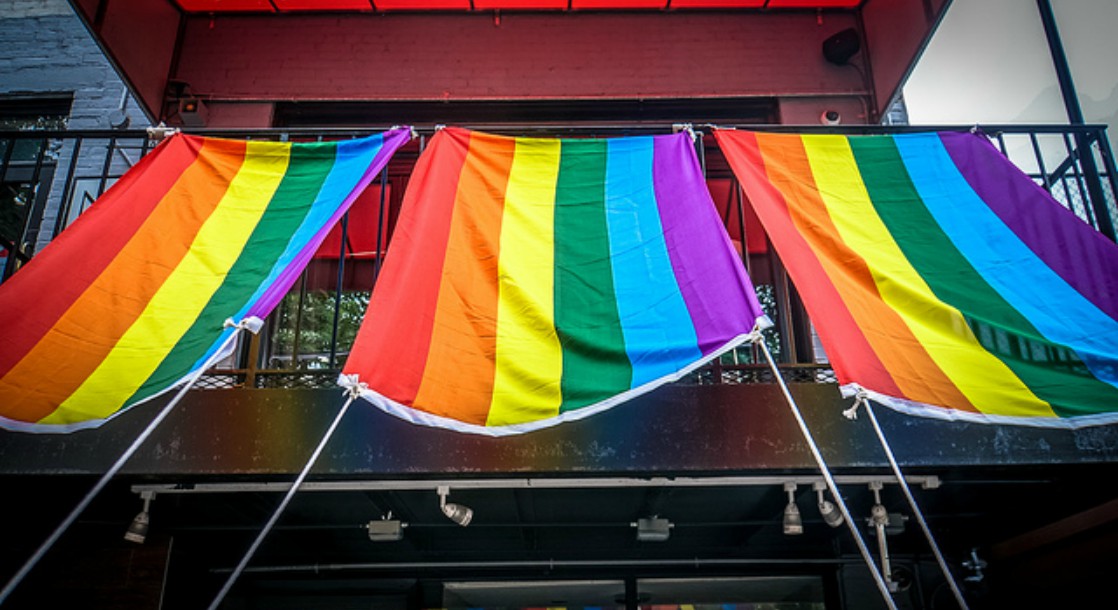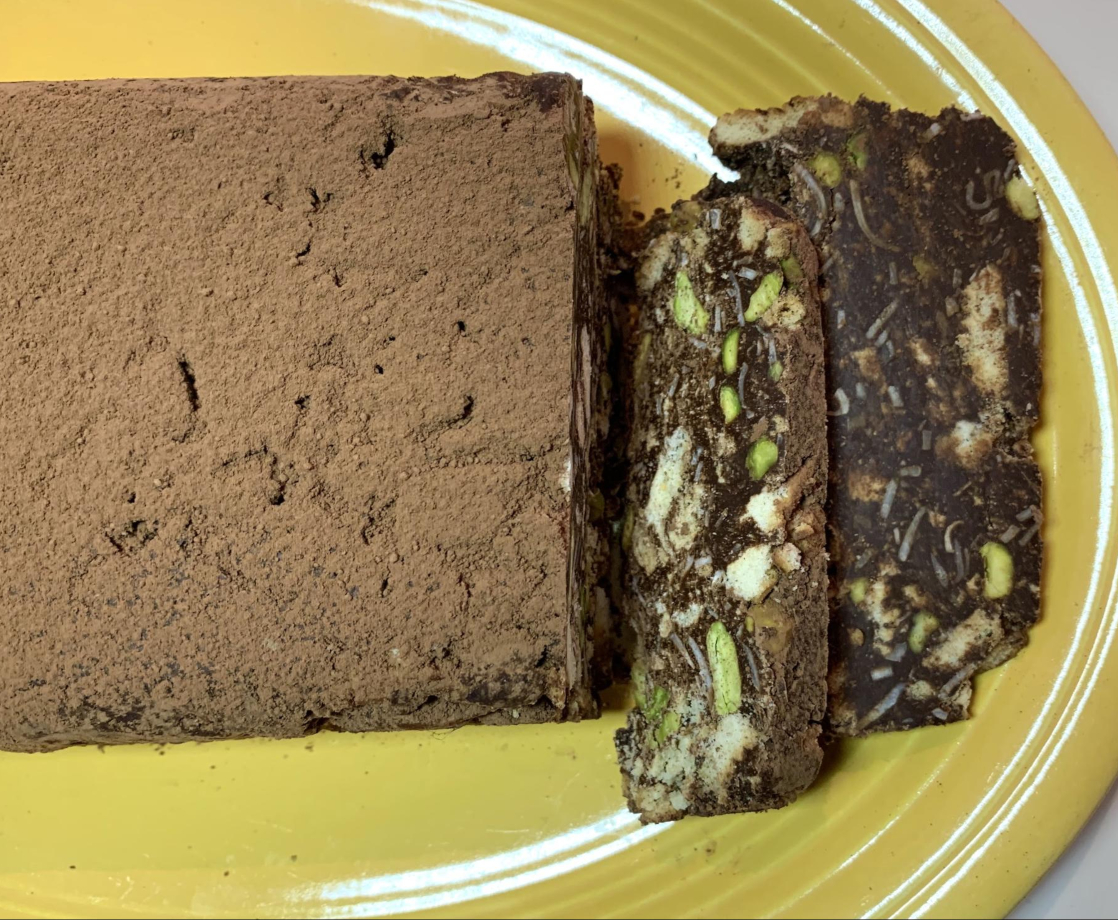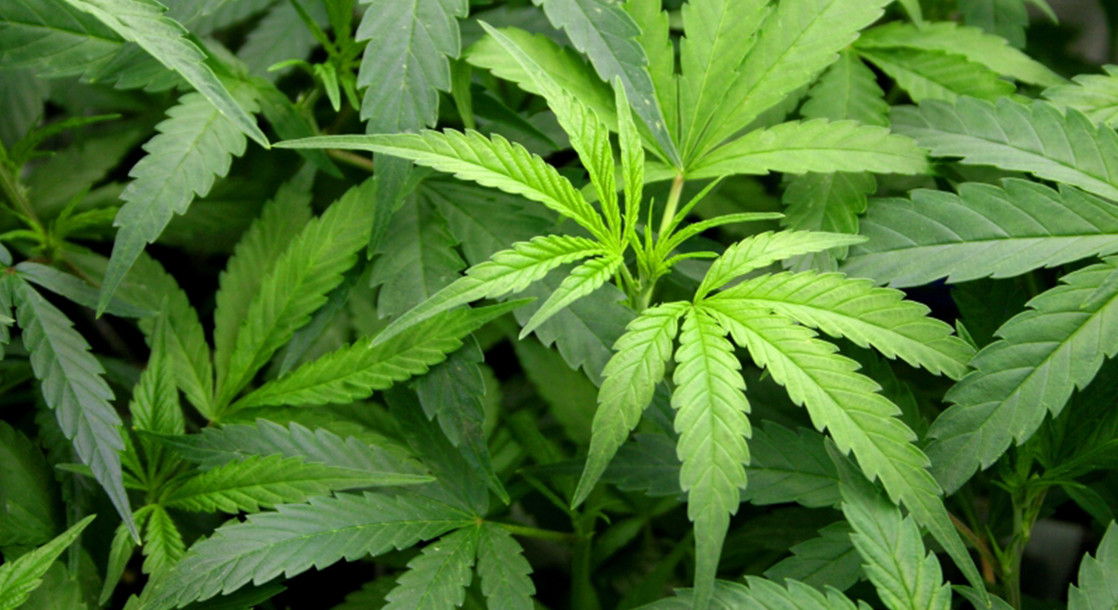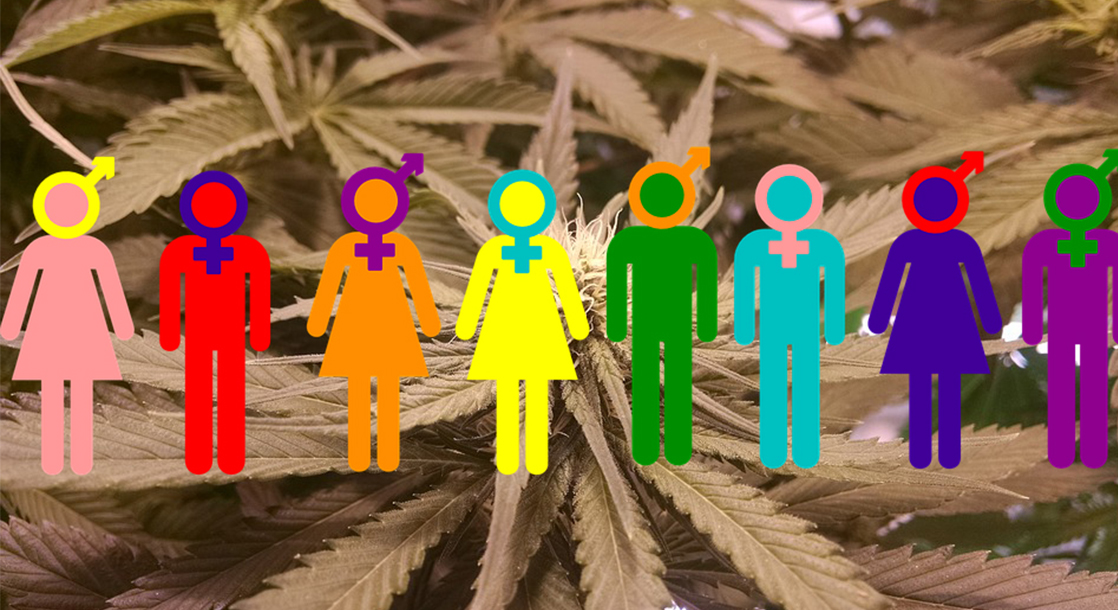As cannabis transforms from illicit underground drug to big business commercial commodity, similar changes are being made behind the scenes of your bud. Deep pocketed, mostly straight, white businessmen are profiting from the newly legal flower as huge swaths of the country while African-Americans and Latinos are serving time in jail for selling the same product without permits. But while much attention has been given to the underserved nature of women and minorities in the industry, LGBTQ activists are still fighting for even an initial foothold in legal weed, an industry the queer community was integral in establishing.
According to an in-depth look at the subject from Tessa Love for Slate, while equity programs in cities like Oakland, California and Washington D.C. have been established to make sure that people of color have an opportunity to enter the industry, and racial minorities and women both already occupy a significantly higher percentage of ownership and executive roles in cannabis companies than corporate America, the same cannot be said for the LGBTQ community.
For Jay Jackson, better known as Laganja Estranja, a drag queen, choreographer, entrepreneur and cannabis activist who found a growing platform thanks to a spot on the reality show Rupaul's Drag Race, the business side of the cannabis industry has been far from welcoming. Highlighting the sense of exclusion he’s felt, Jackson told Love about attending a Cannabis Cup in full drag several years ago, and made the popular marijuana convention sound more like a Trump rally than the “all vibes welcome” atmosphere the industry tries to portray.
“I have to be concerned about my safety and I have to keep putting out my art, so I can’t put myself in situations that aren’t safe,” Jackson said about the Cannabis Cup experience, adding that he has not since attended any large-scale industry events in full drag since. “Which says a lot about the community. I should feel safe at a cannabis cup. It’s like, come on bro, we’re just smoking pot. What’s the big deal if I’m tucked and giving you a show?”
Jackson has fought through the stigma to create what he calls “the first openly gay joints on the market” with his line of Laganja Estranja pre-rolls, but concedes that when it comes to making a place for the LGBTQ community on a whole, cannabis has been slow to adapt.
“When I was creating Laganja Estranja, I thought it would be a bunch a hippie stoners, one-love, accepting all, because to me those are the ideas and properties of the plant,” Jackson said. “So when I found that I was conflicted with feeling comfortable in what should be my own environment, created by my people, that’s when I realized, ‘Oh wow. We’ve got a lot to do in this industry.’”
When Jackson says “created by my people,” he is not being hyperbolic. While it may have been swept under the rug as cannabis legalization swept the nation, the precursor to Colorado, Washington and Maine’s legal weed legislation was California’s Proposition 215. The mother of all medical marijuana legislation was crafted and pushed by California’s LGBTQ community specifically as a response to the HIV/AIDS epidemic. Without the antiviral drugs HIV/AIDS patients rely on today, marijuana eased pain and made life more bearable.
Since then, Love details the ways in which cannabis reform has been consistently tied to gay rights on the liberal agenda, with marijuana activism often taking the place of gay marriage in left wing circles in the years since marriage equality prevailed on a federal level under Obama. But without specific avenues for queer entrepreneurs in legal weed, the industry’s few LGBTQ leaders say their communities longstanding place in cannabis is being lost to corporate whitewashing.
Arend Richard, an openly gay marijuana vlogger with over 67,000 Youtube subscribers to his channel, “The Gay Stoner,” says that much of the weed world simply hasn’t been exposed to queer people – an unnerving revelation that has created a fair share of positive and negative experiences for Richard.
“I’ve had so many people comment and say, ‘I really always hated gay people and you are the first person to make me understand [them]’ ” he said. “It’s that fundamental. They just don’t understand it, and I’m the first person to put it terms that make sense to them.”
But while commenters have reached out with support, Richard also says that any time he’s reached out to legal weed companies with concepts for collaborative content, a regular in YouTube’s popular cannabis community, he’s heard nothing but crickets – a phenomenon he attributes to his channel’s openly gay nature.
“The homophobia in the weed community is severely real,” Richard said.
As mainstream marijuana moves further into the social and economic fabric of American society, it’s important for Richard and Jackson both to create spaces in the cannabis industry that not only welcome the LGBTQ community, but also puts respect on the work that they’ve done for marijuana on a whole.
“We shouldn’t be ‘included’ in it,” Jackson said of the cannabis industry. “We are it.”











